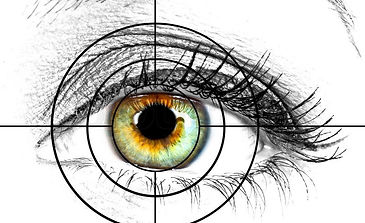SINAIS E SINTOMAS

São característicos os efeitos muscarínicos, que ocorrem nas junções dos neuroefetores colinérgicos e os efeitos nicotínicos, que ocorrem nas junções mioneurais esqueléticas e no gânglio autonómico.
Os sinais e sintomas de envenenamento por agente nervoso são classificados de acordo com a sua sobreestimulação dos recetores muscarínicos, nicotínicos ou do SNC. [1][2][3]
SINTOMAS CARACTERÍSTICOS
[1]Bajgar, Jirí. "Organophosphates⧸ Nerve Agent Poisoning: Mechanism of Action, Diagnosis, Prophylaxis, And Treatment." Advances in clinical chemistry 38 (2004): 151-216.
[2]Moshiri, Mohammd, Emadodin Darchini-Maragheh, and Mahdi Balali-Mood. "Advances in toxicology and medical treatment of chemical warfare nerve agents." DARU Journal of Pharmaceutical Sciences 20.1 (2012): 81.
[3]Centers for Disease Control and Prevention (CDC). VX : Nerve Agent. Disponível em: https://emergency.cdc.gov/agent/vx/basics/facts.asp Consultado a: 15/04/2017



